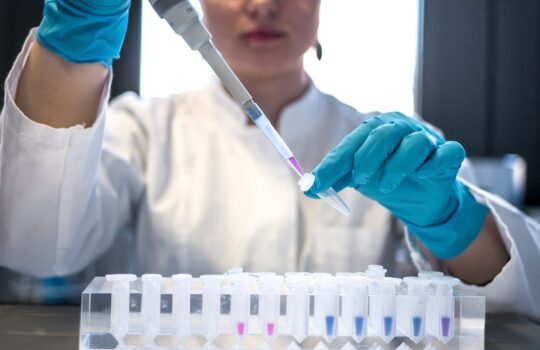Is TRT Cheating? Let’s Clear This Up

A lot of people ask if Testosterone Replacement Therapy (TRT) is “cheating.” The truth? It’s not even close. TRT is about restoring what your body naturally had when you were at your healthiest, not pushing it past its limits.
Low testosterone is more common than most people think, in both men and women. It can mean fatigue, brain fog, low libido, weight gain, and even loss of muscle and bone density. Environmental toxins, processed foods, stress, and aging all play a role in this drop.
TRT and Testosterone Enhancement Therapy (TET) work by bringing your hormones back to their optimal range under medical supervision. Research shows it can improve mood, motivation, muscle mass, bone health, sexual health, and overall vitality.
It’s no different than correcting a vitamin deficiency or managing high blood pressure, it’s about giving your body the resources it needs to function at its best. The key is doing it safely with regular lab work and a licensed provider.
Testosterone therapy carries serious risks including increased risk of heart attack, stroke, blood clots, and prostate problems. This treatment is not appropriate for all patients. Consult your healthcare provider about risks and benefits.
The Bottom Line:
Testosterone plays important roles in energy, mood, metabolism, sexual health, muscle mass, and bone density. Various factors may contribute to declining hormone levels, though individual causes and severity vary significantly.
TRT treats hypogonadism in men when clinically appropriate. The goal is to restore testosterone levels to the normal physiological range as determined by laboratory reference values and comprehensive medical evaluation.
Any hormone therapy for should only be considered under specialized medical supervision with careful risk-benefit analysis.
Studies suggest that when medically appropriate, testosterone replacement may help with certain symptoms with diagnosed deficiency. However, individual results vary significantly.
Potential Benefits (in appropriate candidates):
- May help improve muscle mass and bone density
- Possible improvements in mood and energy
- May support sexual health
- Could assist with metabolic function
Serious Risks Include:
- Increased risk of heart attack and stroke
- Blood clots in legs or lungs
- Enlarged prostate and urinary problems
- Sleep apnea worsening
- Breast enlargement
- Acne and skin reactions
- Mood changes and aggression
- Decreased sperm production
Medical Supervision Requirements
TRT requires ongoing medical supervision including:
- Comprehensive initial evaluation
- Regular laboratory monitoring
- Prostate screening
- Cardiovascular risk assessment
Monitoring for side effects:
TRT is a prescription medical treatment for diagnosed testosterone deficiency, not a general wellness intervention. Treatment decisions should be based on clinical evidence of deficiency, careful risk-benefit analysis, and ongoing medical supervision.
Visit TKOVitality.co/schedule to learn more about our wellness education services and explore potential ways to better understand your health and ways to optimize your hormones. TKO Vitality services are provided by independent contractor physicians licensed in specific states.

Don’t wait, low testosterone affects millions, and time’s running out to take control. Join thousands transforming their lives with TKO Vitality.
This information is for educational purposes only and does not constitute medical advice. Individual treatment outcomes vary significantly. Testosterone therapy is not appropriate for all patients and carries serious risks. Always consult with a licensed healthcare provider before making any medical decisions.






